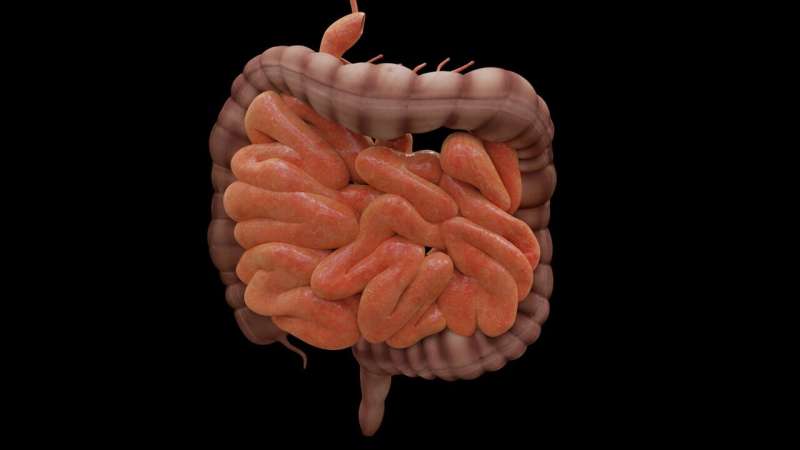Controversy Surrounds White House's Autism and Tylenol Warning

The White House’s recent caution against acetaminophen use during pregnancy has generated debate, highlighting the need for ongoing research into autism causes and medication safety for expectant mothers.
Recent statements from the Biden administration, including President Donald Trump’s advice against taking acetaminophen (Tylenol) during pregnancy, have sparked significant debate and confusion among healthcare professionals and lawmakers. During a briefing on September 22, President Trump emphasized: "Don’t take Tylenol," suggesting a potential link between acetaminophen use during pregnancy and autism risk. This announcement was met with criticism and clarification from various experts.
Senator Bill Cassidy, a GOP lawmaker and trained gastroenterologist, advised pregnant women to consult their healthcare providers before making decisions about medication use. He pointed out that the evidence cited by the administration indicates only an association, not causation, between acetaminophen and autism. Cassidy highlighted a large Swedish study involving 2 million individuals, which found no link between in utero acetaminophen exposure and autism.
The Biden administration referenced a 2024 study by Harvard’s Andrea Baccarelli, which suggested an association between prolonged acetaminophen use and increased neurodevelopmental disorders. Baccarelli emphasized caution, especially with heavy or prolonged use, but also acknowledged the importance of acetaminophen as the only FDA-approved medication for pain and fever management during pregnancy due to the risks posed by high fever.
Supporters like Senators Roger Marshall and Rep. Diana Harshbarger welcomed the focus on research funding and transparency, underscoring the importance of understanding autism’s causes. However, critics, including Democratic Senator Maggie Hassan, expressed concern that messaging based on inconclusive evidence could lead to unwarranted fear or neglect of necessary medication use.
The FDA has announced plans to revise labeling for acetaminophen to highlight potential links to autism, while noting that a causal relationship has not been established and that other studies yield conflicting results. Experts stress that high fevers in pregnancy, which acetaminophen helps manage, can also carry risks such as neural tube defects and preterm birth.
Overall, this controversy underscores the need for further research and careful communication to balance the potential risks of medication use during pregnancy with the importance of symptom management. Healthcare providers are urged to guide pregnant patients carefully, considering each individual’s circumstances.
Source: https://medicalxpress.com/news/2025-09-white-house-autism-tylenol-link.html
Stay Updated with Mia's Feed
Get the latest health & wellness insights delivered straight to your inbox.
Related Articles
Multiple Mood and Anxiety Disorders Significantly Elevate Dementia Risk
Discover how having multiple mood and anxiety disorders can elevate the risk of developing dementia by up to 90%, emphasizing the importance of mental health screening and prevention.
Blood Biomarker Could Foretell MS Relapses Through Blood Testing
New research highlights how blood levels of neurofilament light chain can predict multiple sclerosis relapses up to a year in advance, enabling earlier and more personalized treatment strategies.
Urinary Biomarkers Predict Success of Specialized Knee Surgery
A groundbreaking study highlights how urine protein analysis can predict the success of cartilage transplant surgery in the knee, enabling personalized treatment for patients.
Fecal Microbiota Transplants: Potential Benefits and Unforeseen Risks
Fecal microbiota transplants show promise for gut health but pose risks due to regional microbiome mismatches. New research highlights the need for targeted microbial therapies to ensure safety and efficacy.



